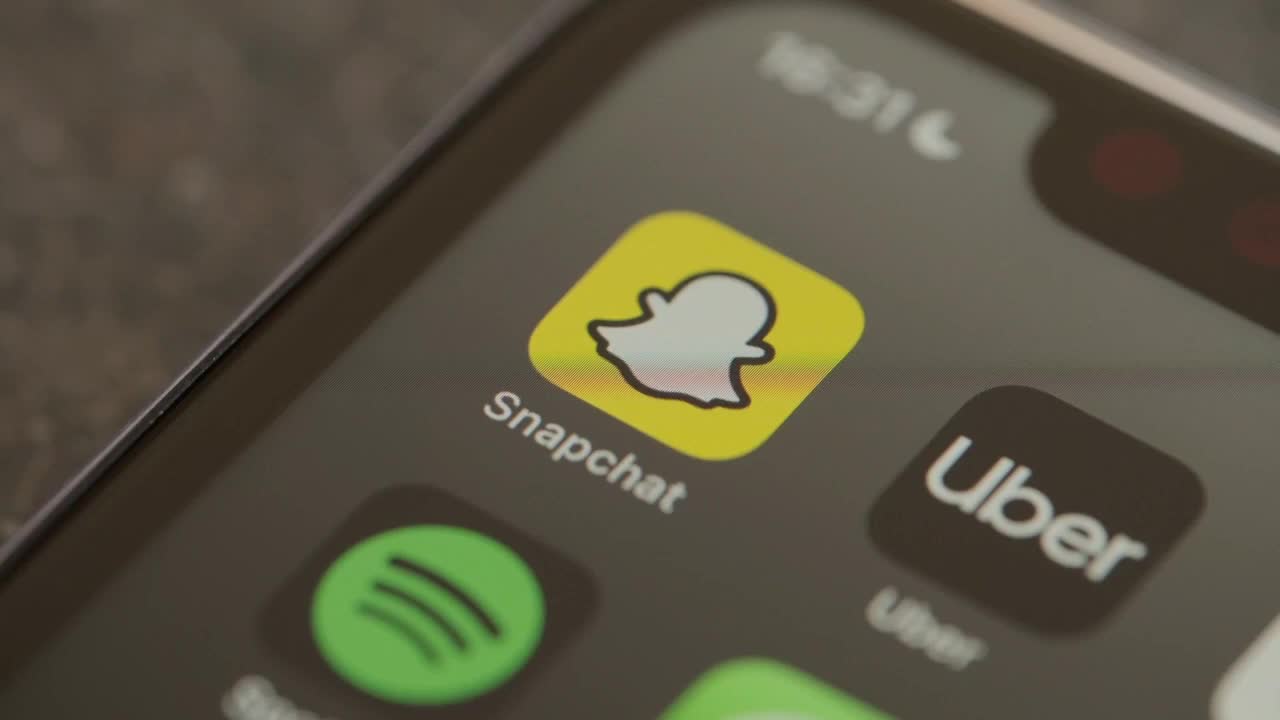SALT LAKE CITY — The state of Utah has filed a lawsuit against the company that owns the social media app Snapchat, accusing it of crafting addictive features and also enabling illicit activities.
"If you’ve got a kid going to Pornhub, you kind of know it’s not going to be a safe space for them. But you don’t expect that on Snapchat," Margaret Woolley Busse, the executive director of the Utah Department of Commerce, said in an interview Monday with FOX 13 News.
The lawsuit, filed in Salt Lake City's 3rd District Court on Monday, accuses Snap, Inc. of creating "deceptive design features that addict children; harm their mental health and wellbeing; and facilitate illegal drug sales, sexual exploitation, sex trafficking, the distribution of pornography" as well as not disclosing data collection practices in violation of Utah laws.
The Utah Division of Consumer Protection utilized undercover investigators who posed as children to test the features, Busse said.
"We actually had investigators pose as kids to see what would happen and, of course, it came up with some immediately disturbing actions, encouraging sexual predators," she said.
The lawsuit also takes aim at Snapchat's artificial intelligence feature that Busse alleged offered some disturbing advice to her agency's investigators.
"When we tested that out and posed as an 8, a 12 year-old, a 10 year-old, some of the stuff we were getting back is 'Let’s figure out how you can make some sexual advances to your Spanish teacher at school,'" she recounted.
In a statement to FOX 13 News, Snap disputed the claims insisting it has safety tools and guardrails in place for all of Snapchat's features and suggested Utah's lawsuit is politically motivated.
"Snap has no higher priority than the safety of Snapchatters. We are committed to making Snapchat a safe and fun environment for our community, and have built privacy and safety features into our service from the start," a company spokesperson said.
"Last year, a social media law passed in Utah was preliminarily enjoined after the court ruled it was likely unconstitutional, violating the First Amendment’s protection of free speech. Now, unable to accept the court’s rejection of the state’s legislation, the Utah Attorney General is resorting to civil litigation as a means to circumvent the court and impose age verification requirements and age-related restrictions in ways that are unconstitutional"
This is the fourth lawsuit the state of Utah has filed against a social media company. Governor Spencer Cox has long waged a campaign against social media platforms, accusing them of harming the mental health of youth. Utah has two lawsuits against TikTok and one against Meta (the owner of Facebook, Instagram and Threads) accusing them of crafting addictive algorithms. Those lawsuits are proceeding in court.
Independent of the lawsuit, Busse said the Utah Department of Commerce will be going to the Utah State Legislature to ask for more regulations to be put around AI chatbots. While the state prides itself on allowing AI companies to innovate within the state, they also have passed consumer protection laws designed to regulate artificial intelligence.
This year, the Utah legislature did pass a bill requiring mental health chatbots to be properly disclosing someone is talking to an AI.
"We are looking into AI companions as part of our AI learning lab as sort of the next thing we want to look at and some guardrails for lawmakers to consider," she told FOX 13 News.
In an appearance on FOX 13 News' Good Day Utah last week, Busse announced the state would oppose a moratorium on AI regulations in the "Big, Beautiful Bill" currently before Congress. Many members of the Utah State Legislature have also lobbied their federal counterparts to oppose the AI moratorium.
Read the lawsuit here:




